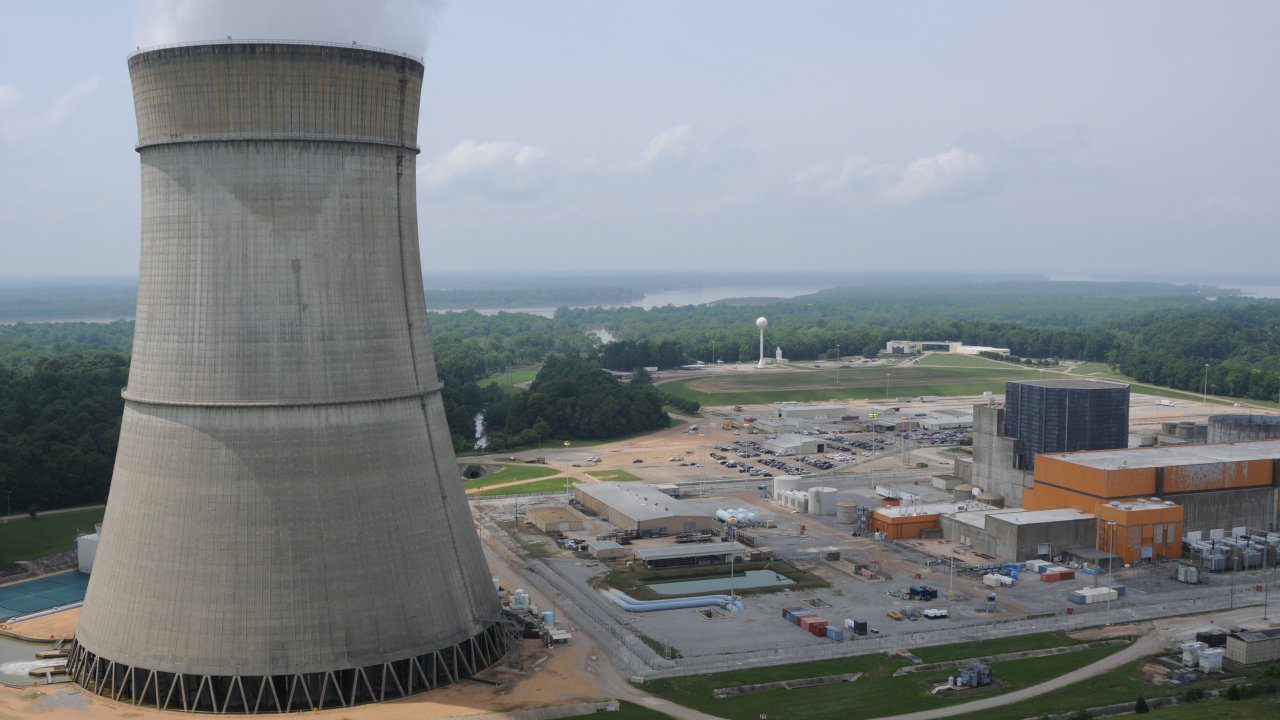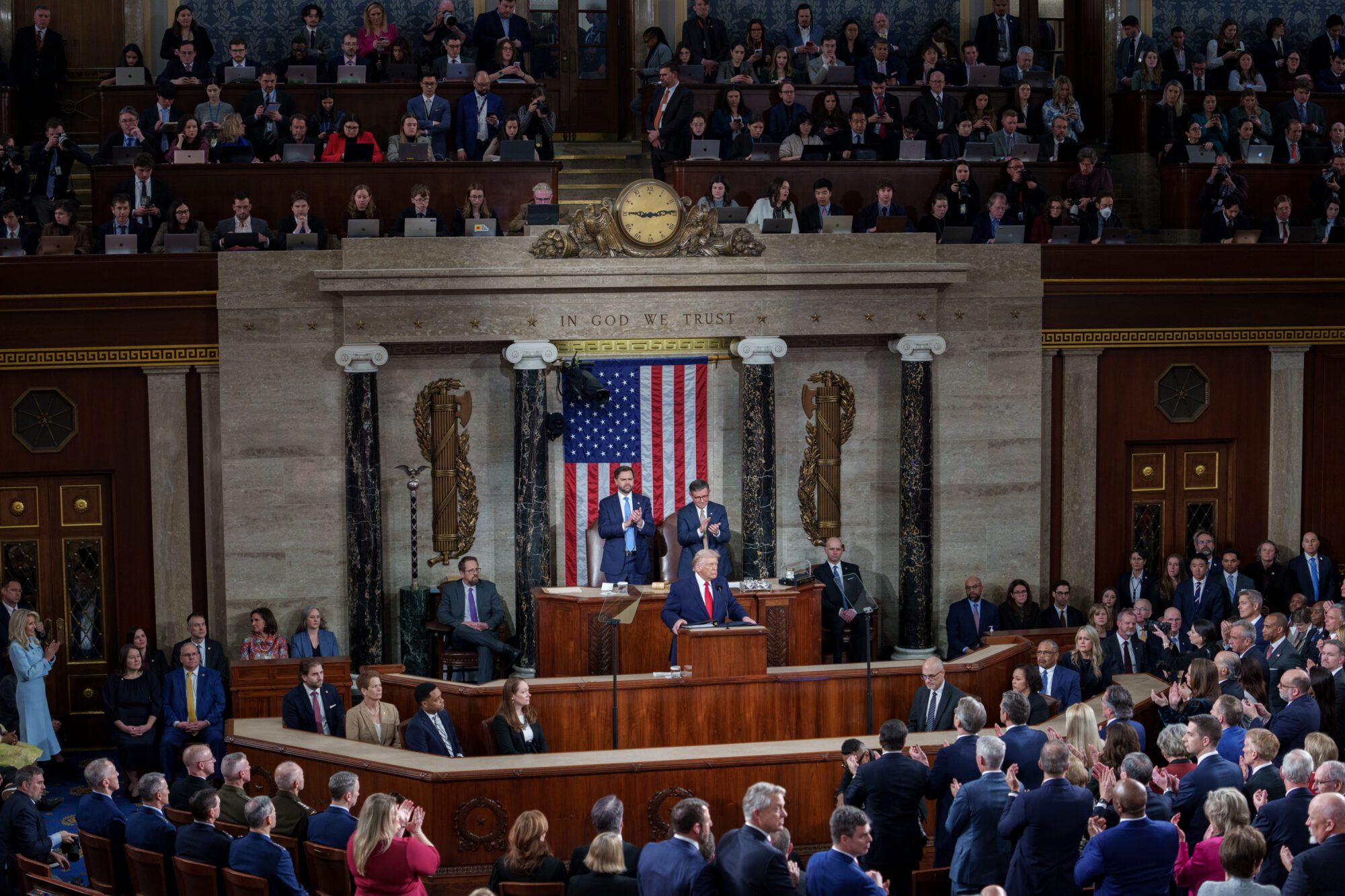
Patrick Sullivan
Mississippi Energy Institute’s Patrick Sullivan says the future looks bright for recruiting energy intensive business to the Magnolia State.
In 2008, then-Governor Haley Barbour in speaking on his ‘More Energy’ policy, said, “ten or fifteen years from now, companies looking to site facilities will not only ask about energy ‘What does it cost?’ but ‘Can we get it?’.” No one knew then how right he would be.
Ill-advised politicians in Washington D.C., Germany, England, California, New York, and elsewhere have taken one action after another to prevent development or cut back on large-scale, reliable energy sources, like natural gas, coal and nuclear. The result?
Electricity becomes too scarce and too expensive to support manufacturing and industrial growth. Energy costs get so high industrial output and the economy decline. And households and small businesses end up using an outsized share of their income to pay electricity and winter heating bills.
At a high level, it’s not complicated. When government policies effectively cut energy supplies without adequate replacements, trouble eventually follows.
Apparently, politicians in these places missed the first day of economics class – when the supply of something goes down, price goes up, and when demand exceeds supply on a critical good like energy, then chaos. There was no lesson on governments cleaning up the economic mess they cause.
Meanwhile, Mississippi and other like-minded states have stayed constant favoring policies that encourage development and investment in any and all energy sources to work together in a balanced system, including the infrastructure to support the vast delivery systems that gets it to where we need it. Good energy policies support greater supply with the primary goals of lower cost and greater reliability.
When Mississippians recharge our devices tonight, we’ll pay a lower rate than citizens in 39 other states, half what Californians will pay, and a third what Germans will pay. Why does this matter?
Mississippi stands to increase its presence in an ever-changing, technology-driven, energy-consuming global marketplace. Our state is on a constant quest to recruit private capital investment and, importantly, high-quality employers to offer more Mississippians the chance at a high-paying job.
Like you and me, companies despise paying unnecessarily high energy bills, so those companies requiring lots of energy naturally seek places where they can operate more profitably and minimize the risk of outages and shut downs. Mississippi’s excess supply and comparative low rates to the rest of the U.S. and the world give the state a competitive advantage as large energy-consuming industries, like metals, automotive, defense technology, and data storage consider new operations.
Now more than ever, whether they recognize it or not, other countries and states are steadily removing themselves from the competition due to overpriced energy and the heightened threat of supply shortages caused by their own policies.
Time will tell, but the future looks bright for recruiting energy intensive business to Mississippi. Of course, one reason could be we’ll have less of a struggle keeping the lights on.










